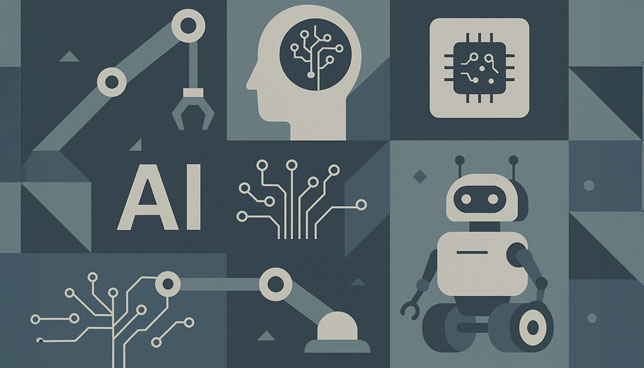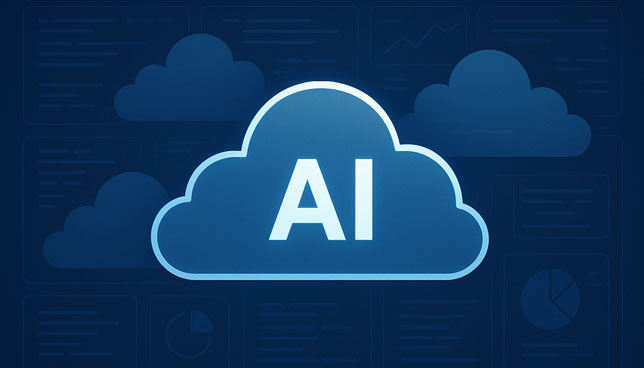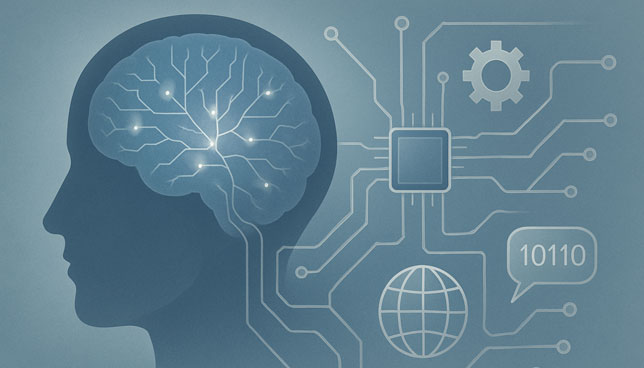K-12 Technology News
Here you'll find the latest news from the education technology world, from the newest hardware and software releases to policy and funding updates to research reports to school and district tech initiatives. Looking for more in-depth coverage of important topics? Be sure to visit our Features page.

In a recent CoSN survey, an overwhelming majority of ed tech leaders (94%) said they see AI as having a positive impact on education. Respondents ranked generative AI as their top tech priority, with 80% reporting their districts have gen AI initiatives underway, or plan to in the current school year.

California's Fremont Union High School District recently announced that construction has begun on a new Robotics Facility on the campus of Cupertino High School. The 14,500-square-foot facility will serve students at high schools across the entire district, providing purpose-built spaces for student creativity and collaboration.

Students in Idaho's Boise School District are learning how to analyze and think critically about the information they read through the use of Gale In Context.

Global IT leaders are planning to spend more on generative artificial intelligence than cybersecurity in 2025, according to new research by Amazon Web Services (AWS).

Online tutoring service K12 Tutoring recently announced that it has received Level II validation underneath the Every Student Succeeds Act (ESSA). The independently validated study provides evidence of K12 Tutoring's role in creating positive student outcomes through effective academic intervention and research-based solutions.

The Senate has passed a joint resolution to overturn "Addressing the Homework Gap Through the E-Rate Program," a July 2024 expansion to the FCC's E-Rate program that allowed schools and libraries to utilize E-Rate resources to loan out WiFi hotspots to students, school staff, and library patrons.

A new threat landscape report from Fortinet points to new cloud vulnerabilities. According to the company's 2025 Global Threat Landscape Report, while misconfigured cloud storage buckets were once a prime vector for cybersecurity exploits, other cloud missteps are gaining focus.

Amazon Web Services (AWS) has made a number of AI updates to maintain its position alongside fellow cloud giants Microsoft and Google.

Meta Platforms has launched a stand-alone artificial intelligence app built on its proprietary Llama 4 model, intensifying the competitive race in generative AI alongside OpenAI, Google, Anthropic, and xAI.

Learning platform Duolingo is embracing AI in an effort to make learning replicable, scalable, and always available.